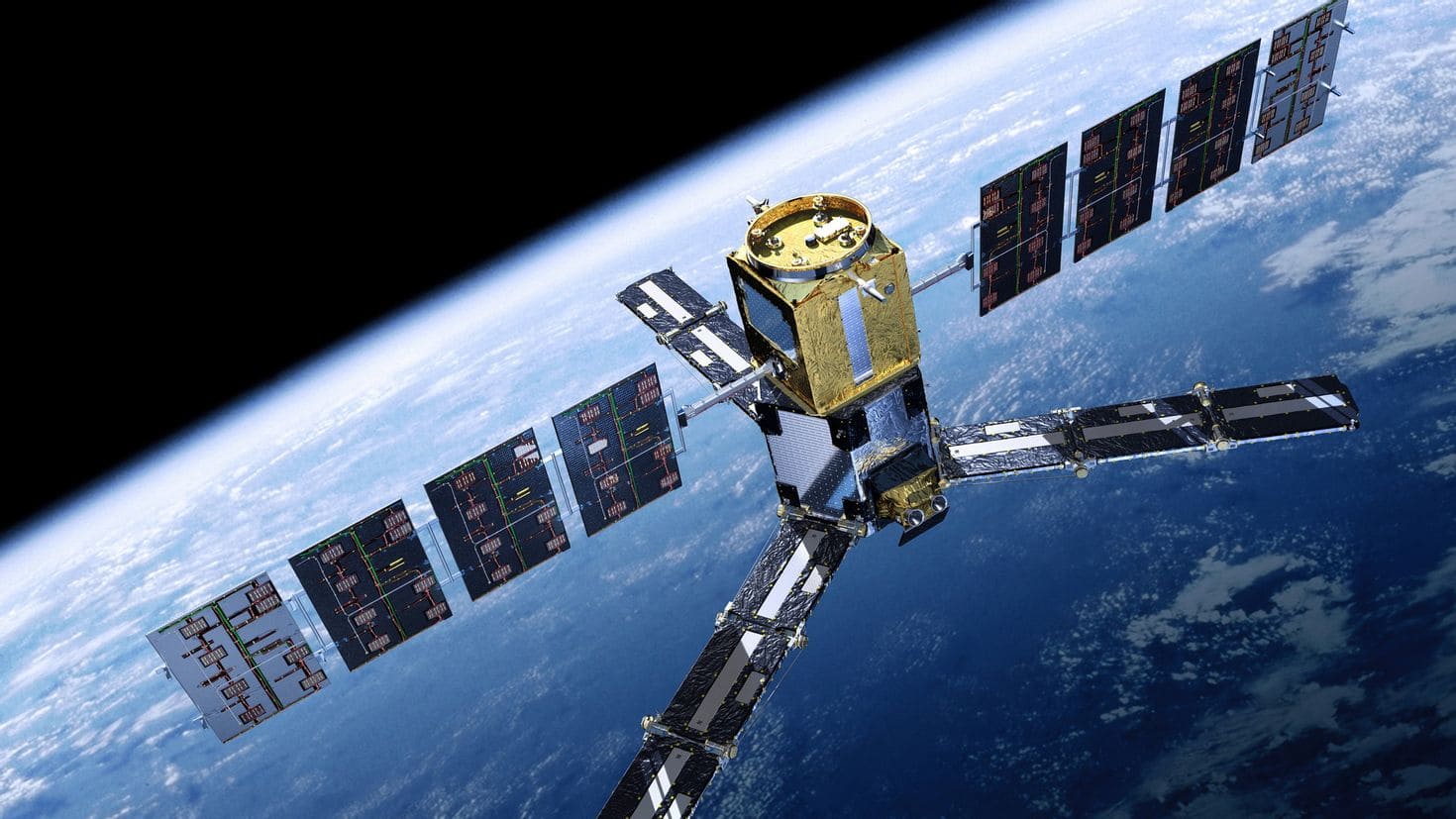Nigeria is set to revolutionize its technological landscape with the launch of satellites developed entirely by local scientists and engineers. This bold initiative was announced during a significant stakeholders’ workshop in Abuja, themed “AI, Big Data Analytics, Automation, and Space Technology Application for Sustainable Development.” The workshop was organized by the European Union in collaboration with the National Space Research and Development Agency (NASRDA).
Advancing sustainable development through space technology
At the event, Chief Uche Nnaji, Nigeria’s Minister of Innovation, Science, and Technology, outlined the country’s ambitious plans. He emphasized that President Tinubu’s administration is dedicated to deploying innovative space-based solutions to address Nigeria’s pressing challenges. These domestically developed satellites will be complemented by strategically placed ground stations and data collection centers throughout the country.
Enhancing key sectors with space technology
Chief Nnaji highlighted the wide-ranging applications of these satellites. They will be used in various fields, including security, pipeline monitoring, and agricultural food security, significantly contributing to Nigeria’s sustainable development goals. The Minister also stressed the critical role of artificial intelligence in the Ministry’s strategy, pledging support for NASRDA in advancing satellite technology.
Commitment from NASRDA
Dr. Matthew Adepoju, the newly appointed Director General of NASRDA, expressed gratitude to the Minister for his support. He assured that NASRDA has a team of highly skilled engineers and scientists ready to build, launch, and operate the proposed satellites. Dr. Adepoju reiterated NASRDA’s commitment to delivering space-based solutions to the nation’s challenges, emphasizing the importance of integrating artificial intelligence and robotics into modern satellite technology.
Bridging technology and agriculture
Dr. Adepoju also noted that NASRDA is a leader in artificial intelligence and robotics. He stressed the agency’s eagerness to collaborate with stakeholders to reduce poverty and significantly boost agricultural productivity. Although satellite technology is often seen as elitist and capital-intensive, it is crucial for advancing key sectors such as agriculture and security.
European Union’s support and vision
Dr. Iuri Aganetto, Programme Officer at the European Union Delegation to Nigeria and ECOWAS, spoke at the event, highlighting the workshop’s focus. He discussed the transformative potential of space technology, artificial intelligence, and big data analytics in enhancing agricultural practices for better security in Nigeria. He underscored that cutting-edge technologies could address critical challenges in climate-smart agriculture and environmental management.
Collaborative efforts for technological advancements
During a collaborative presentation, Dr. Zoltan Szantoi from the European Space Agency and Dr. Idris Jega from NASRDA outlined a comprehensive seven-point concept note. This concept note emphasized the workshop’s primary goal: to enhance NASRDA’s AI capabilities in remote sensing data analysis. This enhancement is crucial for advancing agriculture and environmental monitoring. The workshop also aimed to provide evidence-based support for informed decision-making in agriculture and environmental management, ensuring alignment with technological advancements and addressing needs with precision.
Nigeria’s plan to develop and launch home-grown satellites marks a significant milestone in the country’s technological and sustainable development journey. With strong support from the government, NASRDA’s expertise, and international collaboration, Nigeria is poised to harness the transformative power of space technology. This initiative promises to drive substantial progress in various sectors, paving the way for a more secure and prosperous future.



